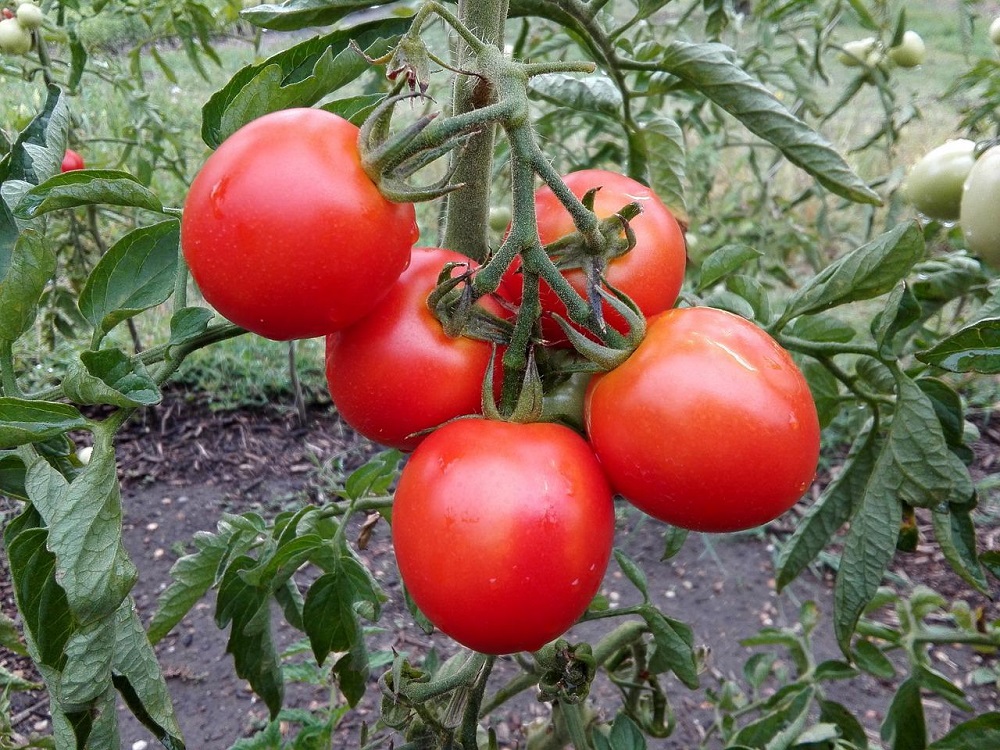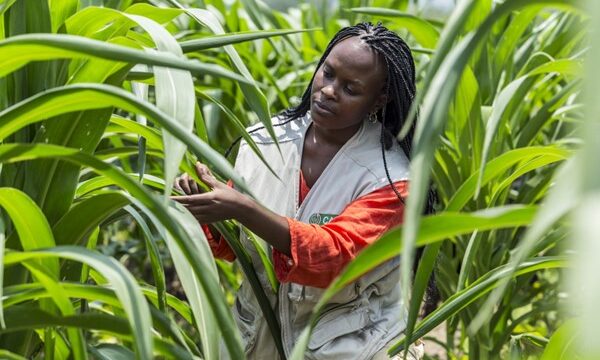
CABI has contributed to new research findings in an infographic from the Asian Development Bank (ADB) which reveals the continuing impacts of the COVID-19 pandemic on farm households in Pakistan.
CABI in Pakistan facilitated telephone surveys with over 700 farm households in Punjab and Sindh during 2020 and 2021.
In Punjab, one-third of farm households experienced losses in wages and off-farm income in during the survey period. Meanwhile, in Sindh, the same proportion declined from 37% to 26% over the same timeframe.
The percentage of rural households reporting lower food consumption declined from 58% in 2020 to 21% in 2021, and the percentage of households reporting lower non-food expenditure decreased from 45% to 34%.
The survey results indicate that there were some improvements eventually, but respondents from Sindh still experienced hardships.
Problems marketing tomatoes
One such hardship highlighted in Sindh was the marketing of tomatoes. In 2020, 94% of Sindh farmers who grew tomatoes reported that they had difficulty selling tomato crop or could not sell it at all.
In 2021, this percentage dropped to 69%. Due to marketing difficulties and low prices, two-thirds of farmers in 2020 and about half in 2021 ploughed their tomato crop as green manure without harvesting it completely.
Reduced production of high-value products
The infographic also reveals that in 2021 the percentage of farmers producing high-value products decreased in Sindh. The percentage of producers dropped from 26% to 14% for tomatoes, from 31% to 27% for vegetables (except tomatoes) and fruits, and from 33% to 27% for milk. In Punjab, the situation is more stable.
Conclusions and recommendations
The ADB suggests that in order to encourage farmers to produce more high-value agricultural products, national and provincial governments in Pakistan need to ensure market access for farmers.
The ADB concludes that ‘governments need to review the exemptions under movement restrictions to minimize disruption to the food supply chain under the exemption policy.’ This is particularly important, they say, in order to prepare for the emergence of a new COVID-19 variant or another pandemic.
Additional information
Main image: The infographic from the Asian Development Bank (ADB) reveals that the COVID-19 pandemic caused disruptions in food supply chains in 2020 and 2021 (Credit: CABI).
ADB report
The ADB infographic ‘Continuing Impacts of the COVID-19 Pandemic on Farm Households in Pakistan’ can be downloaded here.
Related News & Blogs
Strengthening the potato value chain in the Kurdistan Region of Iraq
On 30th May, we marked the International Day of Potato. In this blog, CABI’s Crop Health Advisor Anna Wood provides an update on a five-year project led by CABI to strengthen the potato value chain in the Kurdistan Region of Iraq. An ambitious five-yea…
3 June 2025




